Western and Central Africa
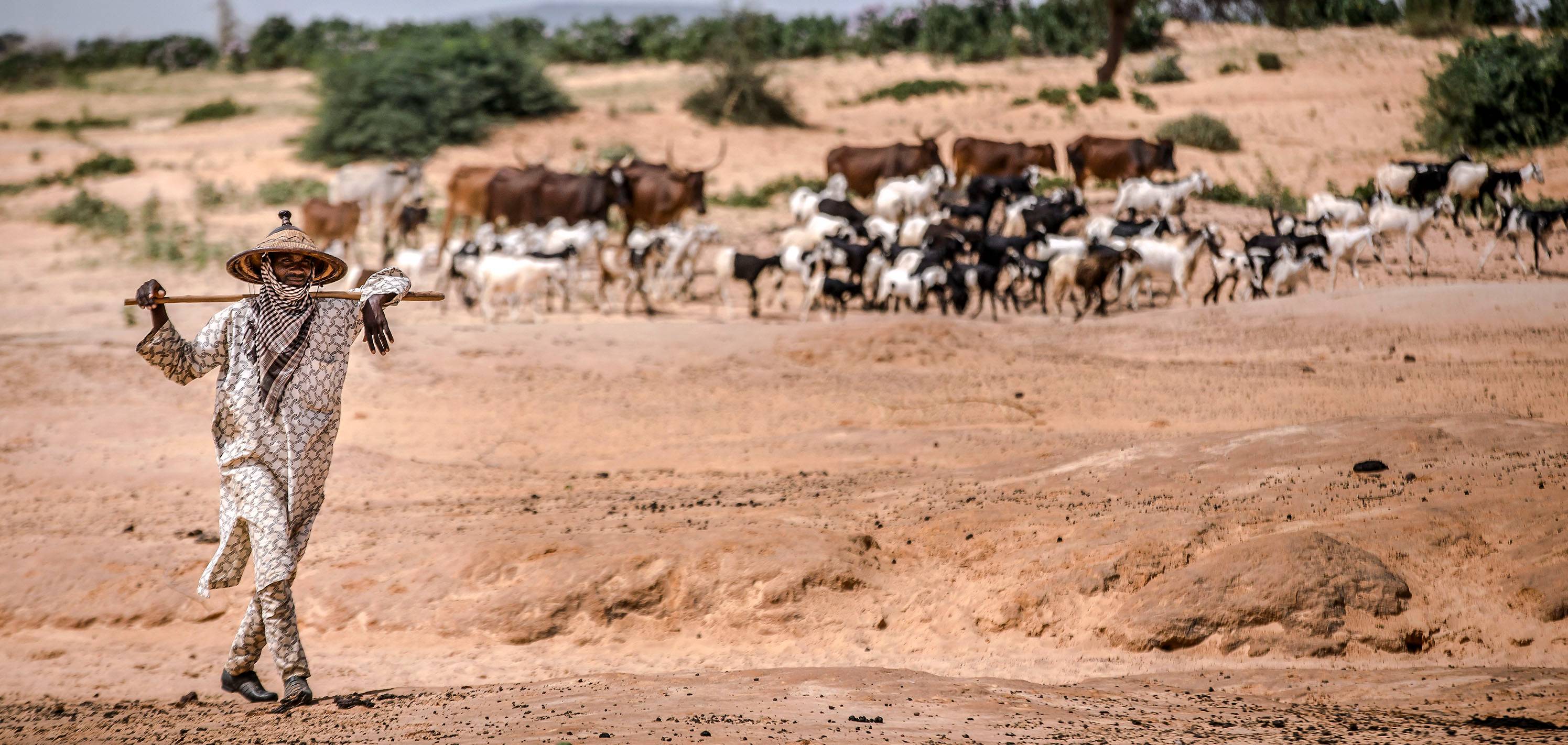
Western and Central Africa continue to face protracted insecurity and political instability, with conflicts in Central Sahel and the Lake Chad Basin (Burkina Faso, Cameroon, Chad, Mali, the Niger and Nigeria), and persistent armed violence in Central African countries such as in the Central African Republic. The impacts of such challenges are compounded by climate extremes, disease outbreaks and economic crises, including due to the socioeconomic consequences of the COVID-19 pandemic. Extreme poverty in the region has increased and the combined effects of these factors have led to a deterioration of food insecurity and malnutrition, especially in conflict-affected areas. This includes the Democratic Republic of the Congo – still the world’s largest food crisis.
News
.tmb-th600x400.jpg?Culture=en&sfvrsn=8b564c11_6)
News
FAO and WFP early warning report reveals worsening hunger in 13 hotspots; five with immediate risk of starvation
16/06/2025
Sudan, Palestine, South Sudan, Haiti, and Mali remain hotspots of highest concern, and Democratic Republic of the Congo has returned as a hunger hotspot...
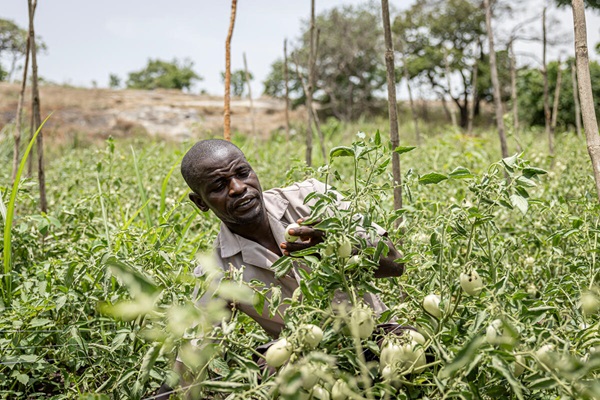
News
Acute food insecurity and malnutrition rise for sixth consecutive year in world’s most fragile regions – new report
16/05/2025
In 2024, over 295 million people across 53 countries and territories faced acute hunger—an increase of almost 14 million people compared to 2023, while...

News
Desert locust movements in Northwest Africa raise concern amid spring breeding season
29/04/2025
FAO calls to enhance monitoring and initiate early control measures in affected countries
Publications
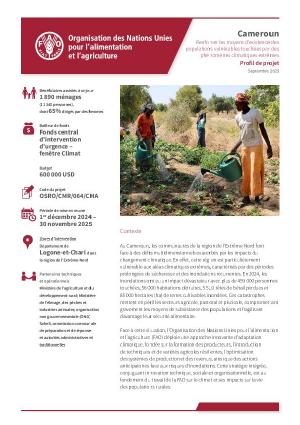
Publications
Cameroon: Strengthening the livelihoods of vulnerable populations affected by extreme weather events (In French)
09/2025
In Cameroon, communities in the Far North region face multidimensional challenges aggravated by the impacts of climate change.
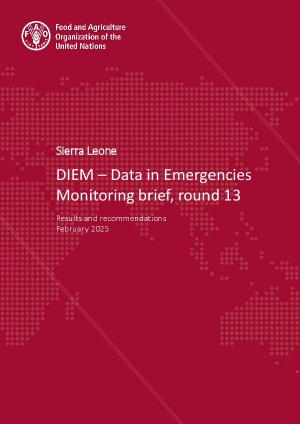
Publications
Sierra Leone: DIEM – Data in Emergencies Monitoring brief, round 13
09/2025
This Data in Emergencies Monitoring (DIEM-Monitoring) brief shares the results of the thirteenth-round assessment conducted in January and February...
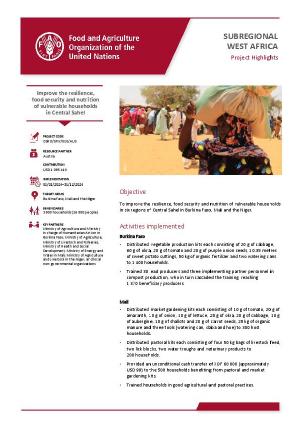
Publications
Subregional West Africa: Project Highlights - OSRO/SFW/010/AUS
08/2025
In recent years, the Sahel region, and more specifically the central Sahel, which includes Burkina Faso, Mali and Niger, has been facing increasing...
Multimedia
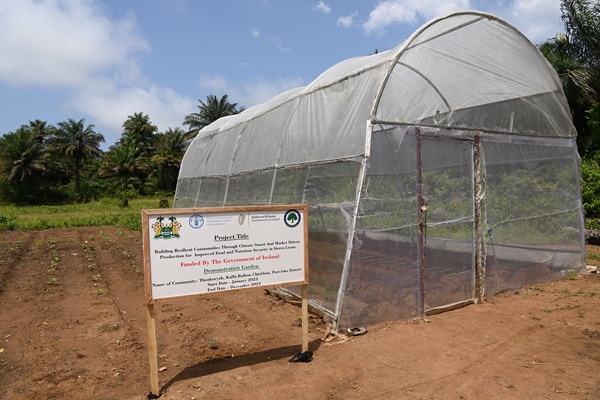
Photo Collection
Sierra Leone: Building resilient communities through climate-smart and market-driven production for improved
22/01/2025
View this gallery on Flickr
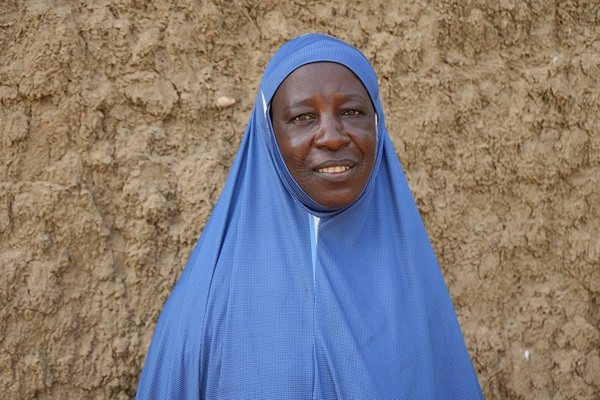
Photo Collection
Niger: Mitigating floods impacts through anticipatory actions involving local communities
20/08/2025
View this gallery on Flickr.
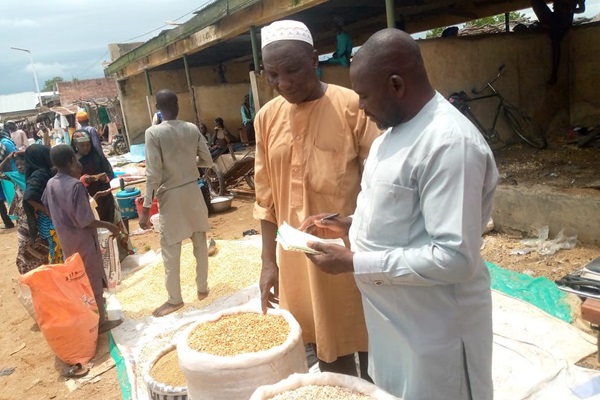
Photo Collection
Nigeria: DIEM-Monitoring Agricultural inputs survey, round 1
08/07/2024
View this gallery on Flickr.
Bringing microfinance to rural areas in Mali to improve women's lives
A micro-credit scheme for rural areas in Mali has been decisive in making a real impact on women. Local banks, NGOs and public institutions worked closely to ensure that women could access loans, join associations and have their voices be heard in collective decision-making processes. It also allowed these women and their communities to make collective investments that would increase their production, stabilize and diversify their nutrition, and ultimately achieve a better life.
The IFAD-funded initiative is supported by the Governments of Mali, Canada and Denmark, and receives technical assistance from FAO’s Investment Centre. It benefitted more than half a million rural poor Malians, among them 105,000 women. Today, they are some of the microfinance institutions’ most solvent clients.
08/03/2022
